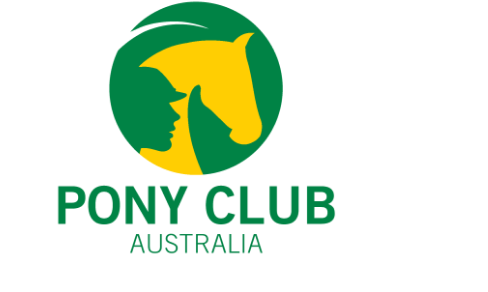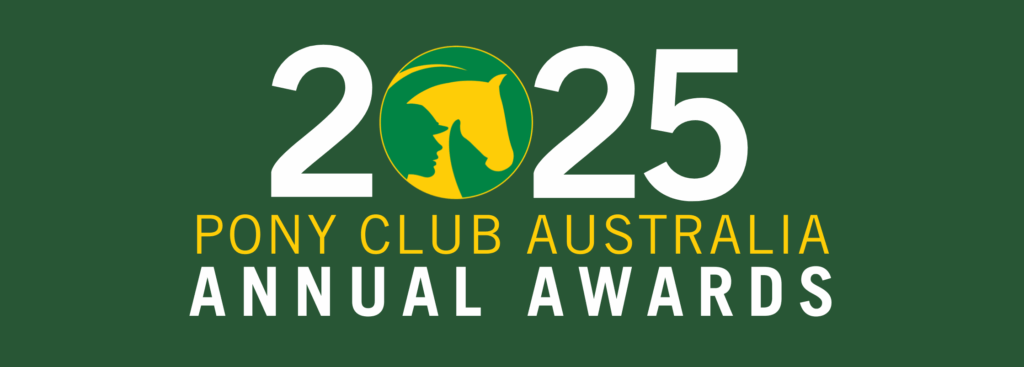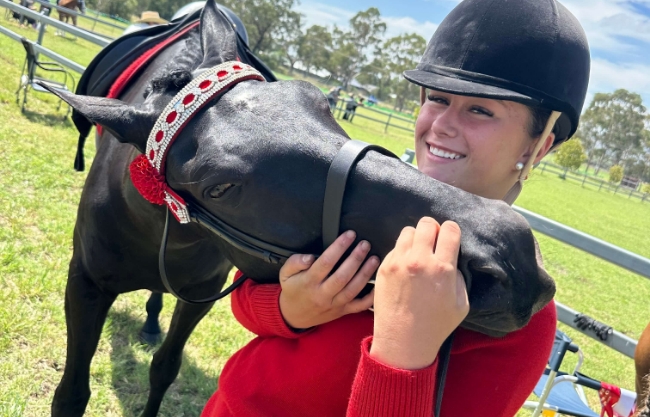At the heart of good horse management is a commitment to meeting our horse’s fundamental behavioural and physical needs. An article by World Horse Welfare reminds us of the importance of the “3Fs” framework – Friends, Forage, and Freedom – developed by equine behaviourist Lauren Fraser. This approach outlines the three essential components for ensuring equine welfare.
Friends
Horses are naturally social herd animals. As World Horse Welfare explains, social interaction is not a luxury but a vital part of a horse’s well-being. “Ideally, horses should be turned out as part of a herd,” the article states, as this helps them feel secure and build social bonds through mutual grooming, playing, and resting together. Where herd turnout isn’t possible, it’s still important that horses have visual and, where safe, physical contact with other horses to support their mental health.
Forage
A forage-based diet is central to a horse’s digestive and behavioural health. Horses are designed to graze for most of the day, and forage—such as grass, hay, and chaff—supports both gut function and mental well-being. World Horse Welfare notes that “horses that don’t have their behavioural needs met because they are fed a low forage, high sugar and starch diet are more likely to display unwanted behaviours.” In addition to forage, most horses require vitamin and mineral supplementation to ensure a balanced diet. Enriching forage presentation, such as using hay nets or boxes, can make eating more engaging and fulfilling for horses.
Freedom
Freedom encompasses both movement and choice. Horses naturally cover 10–20 km per day when living in a more natural environment. Although domestic settings often limit this, turnout in varied terrain, loose schooling, and in-hand exercises can offer meaningful opportunities for movement. As the article highlights, “freedom doesn’t just mean freedom to move – it also means freedom of choice.” This includes choices in forage types, locations, and social interactions within a group setting, all of which contribute to better mental health.
Putting it into Practice
Meeting the 3Fs doesn’t necessarily require large-scale changes—small, thoughtful adjustments can make a meaningful difference. Pony Club Australia encourages members and their families to consider how they can integrate Friends, Forage, and Freedom into daily care routines. Not only do these principles align with our welfare standards, but they also support the development of well-rounded, happy horses.
For more detailed information, you can view the original article by World Horse Welfare and explore the work of Lauren Fraser on equine behaviour and welfare.





